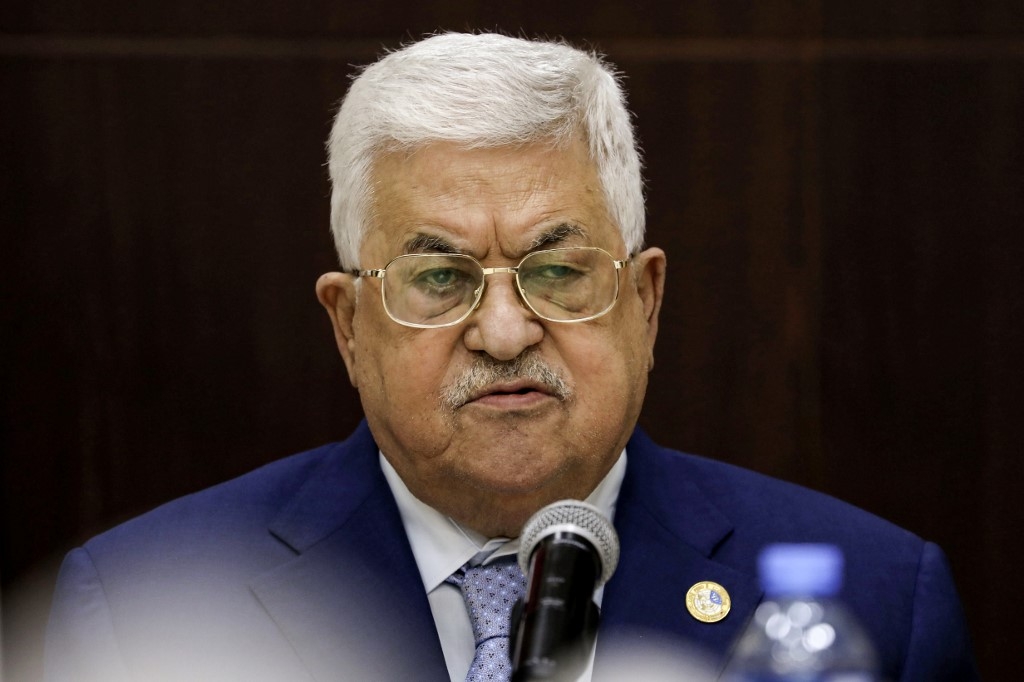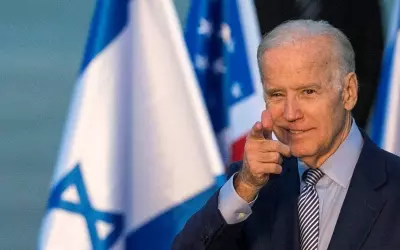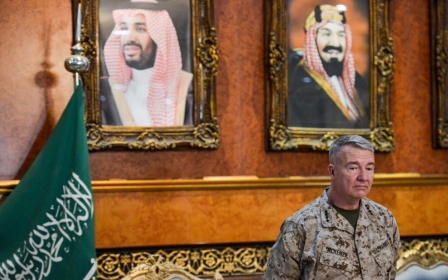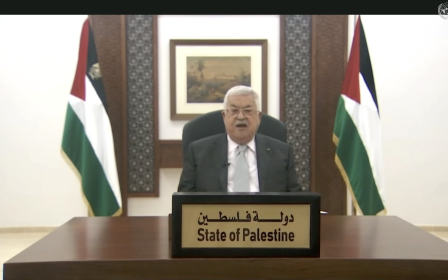Abbas announces first Palestinian elections in more than 15 years

Palestinian President Mahmoud Abbas announced the first parliamentary and presidential elections in 15 years will take place later this year in an effort to heal longstanding internal divisions.
According to a decree issued by Abbas's office on Friday, the Palestinian Authority (PA), which has limited self-rule in the occupied West Bank, will hold legislative elections on 22 May and a presidential vote on 31 July.
"The president instructed the election committee and all state apparatuses to launch a democratic election process in all cities of the homeland," the decree said, referring to the occupied West Bank, Gaza and occupied East Jerusalem.
The statement said Abbas expected polls "in all governorates of Palestine, including East Jerusalem," which was annexed by Israel following the 1967 war but is considered occupied territory.
The last parliamentary elections for Palestinians took place in 2006 and resulted in a surprise win for Hamas, widening a political rift that led to internecine violence between Hamas and the Fatah movement led by Abbas. When the fighting ended, Hamas remained in charge of the Gaza Strip, with Fatah largely routed from the coastal enclave, while Fatah was the dominant force in the West Bank, creating a political divide that has led to a lengthy delay in setting further elections.
More than two million Palestinians are packed into the Gaza Strip, an area the size of the US city of Detroit. Under blockade by Israel since the Hamas election victory, the Strip has been described as "the world's largest open-air prison".
Israel withdrew its troops in 2005 but, citing security concerns, maintains tight control of Gaza's land and sea borders, which has reduced its economy to a state of collapse.
Hamas welcomed the announcement of fresh elections, saying in a statement that it was the result of months of work "to resolve all obstacles so that we can reach this day".
Forming a unified front
Israel bans all PA activity in East Jerusalem, and there was no indication it would allow a Palestinian vote within Jerusalem, which it considers its "undivided capital".
Palestinian factions have in recent months renewed reconciliation efforts in an attempt to form a united front against Israel since it reached agreements last year to normalise relations with four Arab countries.
Those accords dismayed Palestinians and left them increasingly isolated in a region that has seen allegiances shift away from a unified stance among Arab countries that normalisation would only come with concessions for Palestinians.
Elections could pose a major risk for Abbas's Fatah party, and also for Hamas, as both have faced protests in recent years over their inability to reconcile with one another, advance Palestinian aspirations for statehood or meet the basic needs of those in the territories they govern.
Middle East Eye propose une couverture et une analyse indépendantes et incomparables du Moyen-Orient, de l’Afrique du Nord et d’autres régions du monde. Pour en savoir plus sur la reprise de ce contenu et les frais qui s’appliquent, veuillez remplir ce formulaire [en anglais]. Pour en savoir plus sur MEE, cliquez ici [en anglais].





